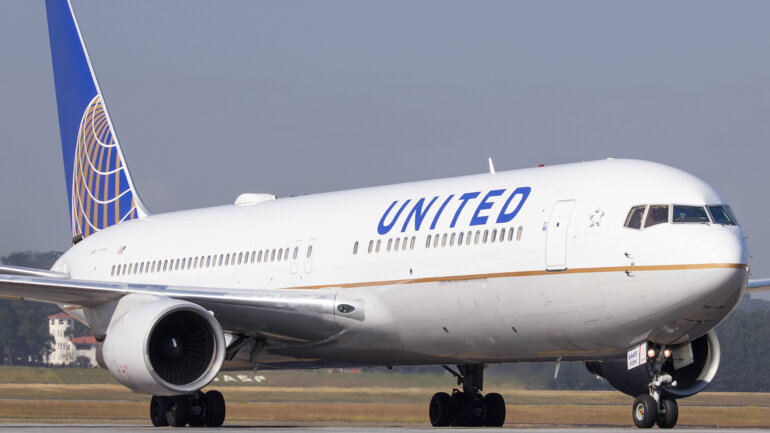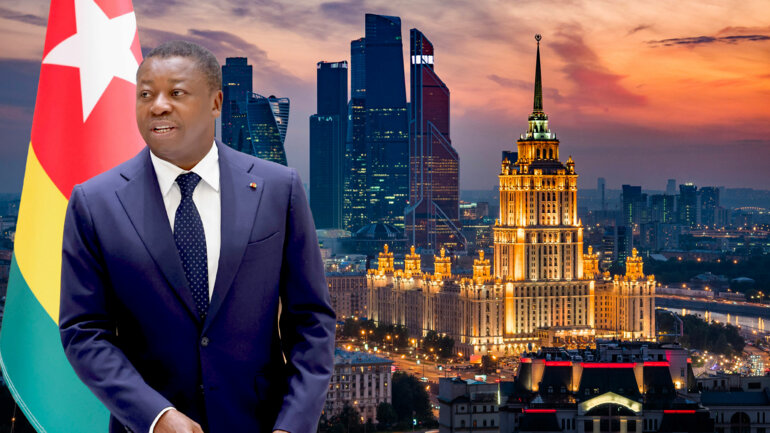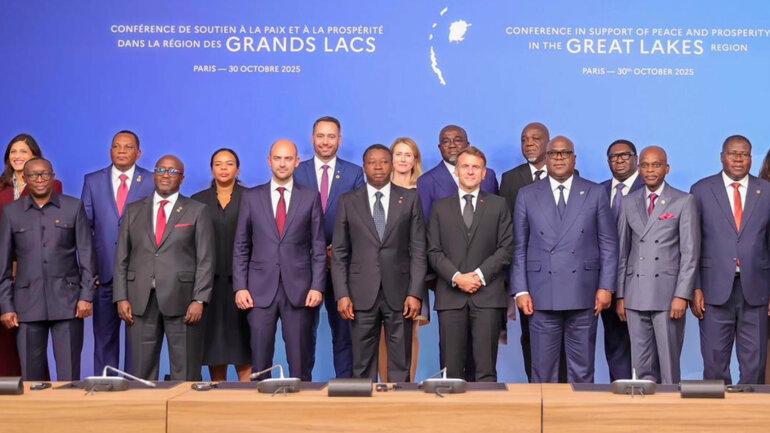
- Diplomatie

The European Union (EU) has agreed to give the Togolese government an amount of euros 123 million (about US$197 million) with the framework of the so-called Country Strategy Paper (CSP) and National Indicative Program (NIP), official sources have said.
Concluded in Lome under the 10th European Development Fund, the agreement was signed Friday by EU Commission Head of Delegation Filiberto Sebregondi and Togolese Cooperation, Development and Planning Minister Gilbert Bawara.The signing ceremony, which symbolized a warming of ties between the two sides, was also witnessed by ambassadors from France and Germany, as well as other members of the Togolese government.
Expected to cover a period of five years starting from 2008 to 2013, the DSP-PIN is designed to strengthen governance by supporting the economic and institutional reforms with 18 percent of the total amount while 46 percent is aimed at boosting the economy through funding infrastructure projects.
Furthermore, the DSP-PIN also has a component that is dedicated to supporting civil society organizations as well as the protection of the environment, said the Togolese minister, adding that budgetary support and a technical facility are incorporated in the agreement.
The revival of the economy through infrastructural support concerns actions to be undertaken in this sector with the aim of opening up areas of production, improving access to markets and enhancing integration among rural communities, according to the minister.
"The beneficiaries will be producers and traders, who will be able to take advantage of an uninterrupted flow of production and rural populations, particularly the youth who will no longer need to be idle thanks to the implementation of labour-intensive projects," said Bawara.
Speaking during the same occasion, EU Delegation Chief Filiberto Sebregondi said that cooperation with Togo had already been set in motion by the signing, in early 2008, of an agreement covering three major projects, including the electoral process and remediation macroeconomic projects, at a total cost of 31.4 million euros.
In addition, macroeconomic support through the cancellation of multilateral debt and budget support accounts for 26 percent of the total, while laying more "emphasis" on actions that would spur the establishment of better, local, legitimate, effective and participatory governance, said the EU diplomat.





